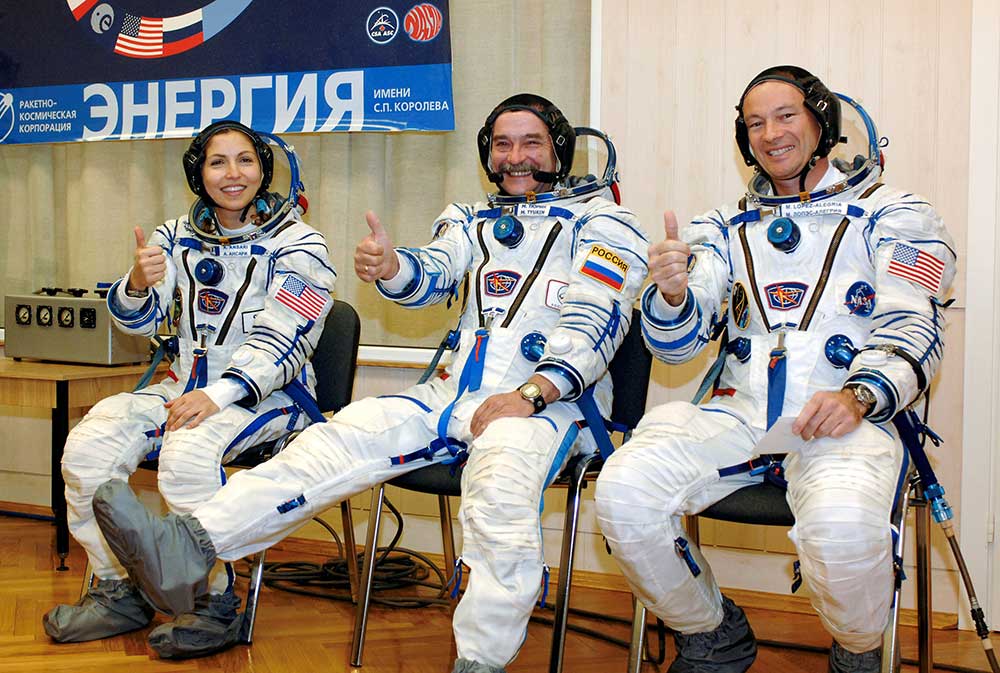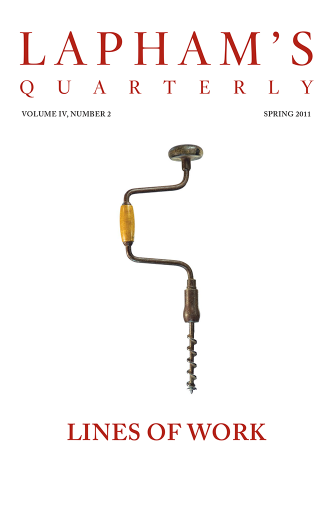Where shall I, of wandering weary, find my resting place at last?
—Heinrich Heine, 1827The Deported
Ambassador Henry Morgenthau protests the expulsion of Armenians.
It was some time before the story of the Armenian atrocities reached the American embassy in all its horrible details. In January and February, fragmentary reports began to filter in, but the tendency was at first to regard them as mere manifestations of the disorders that had prevailed in the Armenian provinces for many years.
When the reports came from Urmia, both Minister of War Enver and Interior Minister Talaat dismissed them as wild exaggerations, and when for the first time we heard of the disturbances at Van, these Turkish officials declared that they were nothing more than a mob uprising that they would soon have under control. I now see what was not apparent in those early months, that the Turkish government was determined to keep the news, as long as possible, from the outside world. It was clearly the intention that Europe and America should hear of the annihilation of the Armenian race only after that annihilation had been accomplished. As the country the Turks particularly wished to keep in ignorance was the United States, they resorted to the most shameless prevarications when discussing the situation with myself and with my staff.
In early April the authorities arrested about two hundred Armenians in Constantinople and sent them into the interior. Many of those who were then deported were educational and social leaders and men who were prominent in industry and in finance. I knew many of these men and therefore felt a personal interest in their misfortunes. But when I spoke to Talaat about their expulsion, he replied that the government was acting in self-defense. The Armenians at Van, he said, had already shown their abilities as revolutionists; he knew that these leaders in Constantinople were corresponding with the Russians, and he had every reason to fear that they would start an insurrection against the central government. The safest plan, therefore, was to send them to Angora and other interior towns. Talaat denied that this was part of any general concerted scheme to rid the city of its Armenian population and insisted that the Armenian masses in Constantinople would not be disturbed.
On this occasion, as on many others, Talaat was evasive and noncommittal and showed much hostility to the interest that the American people were manifesting in the Armenians. He explained his policy on the ground that the Armenians were in constant correspondence with the Russians. The definite conviction which these conversations left upon my mind was that Talaat was the most implacable enemy of this persecuted race. “He gave me the impression,” such is the entry I find in my diary on August 3, “that Talaat is the one who desires to crush the poor Armenians.” He told me that the Union and Progress Committee had carefully considered the matter in all its details and that the policy which was being pursued was that which they had officially adopted. He said that I must not get the idea that the deportations had been decided upon hastily; in reality, they were the result of prolonged and careful deliberation. To my repeated appeals that he should show mercy to these people, he sometimes responded seriously, sometimes angrily, and sometimes flippantly.
“Someday,” he once said, “I will come and discuss the whole Armenian subject with you,” and then he added in a low tone in Turkish, “But that day will never come!”
One reason why Talaat could not discuss this matter with me freely was because the member of the embassy staff who did the interpreting was himself an Armenian. In the early part of August, therefore, he sent a personal messenger to me, asking if I could not see him alone—he said that he himself would provide the interpreter. This was the first time that Talaat had admitted that his treatment of the Armenians was a matter with which I had any concern. The interview took place two days afterward. It so happened that since the last time I had visited Talaat I had shaved my beard. As soon as I came in, the burly minister began talking in his customary bantering fashion.
“You have become a young man again,” he said. “You are so young now that I cannot go to you for advice anymore.”
“I have shaved my beard,” I replied, “because it had become very gray—made gray by your treatment of the Armenians.”
After this exchange of compliments, we settled down to the business in hand. “I have asked you to come today,” began Talaat, “so that I can explain our position on the whole Armenian subject. We base our objections to the Armenians on three distinct grounds. In the first place, they have enriched themselves at the expense of the Turks. In the second place, they are determined to domineer over us and to establish a separate state. In the third place, they have openly encouraged our enemies. They have assisted the Russians in the Caucasus, and our failure there is largely explained by their actions. We have therefore come to the irrevocable decision that we shall make them powerless before this war is ended.”
On every one of these points, I had plenty of arguments in rebuttal. Talaat’s first objection was merely an admission that the Armenians were more industrious and more able than the dull-witted and lazy Turks. Massacre as a means of destroying business competition was certainly an original conception! His general charge that the Armenians were “conspiring” against Turkey and that they openly sympathized with Turkey’s enemies merely meant, when reduced to its original elements, that the Armenians were constantly appealing to the European powers to protect them against robbery, murder, and outrage. The Armenian problem, like most race problems, was the result of centuries of ill-treatment and injustice. There could be only one solution for it, the creation of an orderly system of government, in which all citizens were to be treated upon an equality, and in which all offenses were to be punished as the acts of individuals and not as of peoples. I argued for a long time along these and similar lines.
“It is no use for you to argue,” Talaat answered. “We have already disposed of three-quarters of the Armenians; there are none at all left in Bitlis, Van, and Erzurum. The hatred between the Turks and the Armenians is now so intense that we have got to finish with them. If we don’t, they will plan their revenge.”
“If you are not influenced by humane considerations,” I replied, “think of the material loss. These people are your businessmen. They control many of your industries. They are very large taxpayers. What would become of you commercially without them?”
“We care nothing about the commercial loss,” replied Talaat. “We have figured all that out, and we know that it will not exceed five million pounds. We don’t worry about that. I have asked you to come here so as to let you know that our Armenian policy is absolutely fixed and that nothing can change it. We will not have the Armenians anywhere in Anatolia. They can live in the desert but nowhere else.”

Anousheh Ansari, Mikhail Tyurin, and Michael E. López-Alegría before the Soyuz TMA-9 launch, Baikonur, Kazakhstan, 2006. Photograph by Bill Ingalls. Bridgeman Images.
I still attempted to persuade Talaat that the treatment of the Armenians was destroying Turkey in the eyes of the world, and that his country would never be able to recover from this infamy.
“You are making a terrible mistake,” I said, and I repeated the statement three times.
“Yes, we may make mistakes,” he replied, “but”—and he firmly closed his lips and shook his head—“we never regret.”
One day Talaat made what was perhaps the most astonishing request I had ever heard. The New York Life Insurance Company and the Equitable Life of New York had for years done considerable business among the Armenians. The extent to which this people insured their lives was merely another indication of their thrifty habits.
“I wish,” Talaat now said, “that you would get the American life-insurance companies to send us a complete list of their Armenian policy holders. They are practically all dead now and have left no heirs to collect the money. It of course all escheats to the state. The government is the beneficiary now. Will you do so?”
This was almost too much, and I lost my temper.
“You will get no such list from me,” I said, and I got up and left him.

Henry Morgenthau
From Ambassador Morgenthau’s Story. Morgenthau was born in 1856 to Jewish parents in Mannheim. After the collapse of the family’s cigar business, they settled in New York City in 1866. There Morgenthau attended City College and Columbia Law School and made his fortune in real estate. Woodrow Wilson appointed him the U.S. ambassador to the Ottoman Empire in 1913. Three years later he resigned, citing his “failure to stop the destruction of the Armenians.” Talaat Pasha, the Ottoman minister who oversaw the deportations, was shot in Berlin in 1921 by an Armenian assassin.


